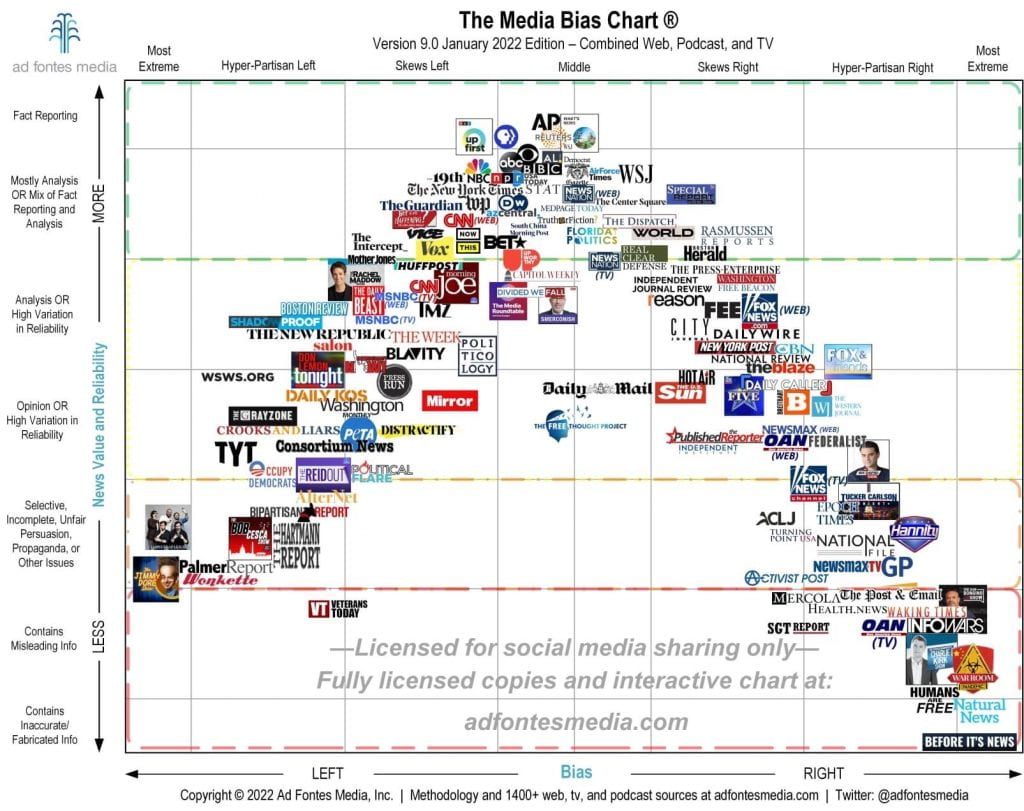QAnon and butterfly park
Texas Butterfly Park To Close Indefinitely As Conspiracy Theorists Intensify Attacks
https://news.yahoo.com/texas-butterfly-park-close-indefinitely-015236529.html
Digital Literacy for St. Cloud State University
https://news.yahoo.com/texas-butterfly-park-close-indefinitely-015236529.html
https://www.sciencedirect.com/science/article/pii/S2405844022000524
compared to other fringe groups QAnon members consumed the least diverse variety of information sources, relying disproportionately on mainstream conservative sources.
insights into how this new political movement is dissimilar to the far-right or the far-left but shares offline interests with the far-right.
Unlike the far-right and the far-left that both share and consume less mainstream news, QAnon’s increasing reference to mainstream conservative content should be of concern. Mainstream right-wing communities and individuals must reconcile with the role they have played and will continue to play in shaping the QAnon movement. QAnon poses a significant threat to social and political institutions, and its growth into mainstream politics and news media suggests that it may be here to stay.
What is ecomedia literacy, and what does it mean for higher education?
This Thursday the Future Trends Forum hosts John Cabot University professor and author Antonio López, who will help us explore the concept.
////
The Future Trends Forum is a weekly discussion event created and hosted by Bryan Alexander. Since 2016 we have addressed the most powerful forces of change in academia. Each week, this video chat brings together practitioners in the field to share their most recent work and experience in education and technology. The intent of the Forum: to advance the discussion around the pressing issues at the crossroads of education and technology.
The eLearning Coach, at https://theelearningcoach.com/ for a multitude of free instructional design resources!
America’s schools increasingly face costly cybersecurity risks, yet many systems are ill-prepared for the challenge. #EWOpinion #RHSU https://t.co/TQKkhiEdqI
— Education Week (@educationweek) January 27, 2022
As of this past August, Politico has reported that ransomware attacks have hit 58 education organizations and school districts, including 830 individual schools. Last March, the Broward County, Fla., district didn’t pay a $40 million ransom, leading the hackers to publish 26,000 stolen files online (these included student and staff Social Security numbers and addresses).
+++++++++++++
more on cybersecurity in this IMS blog
https://blog.stcloudstate.edu/ims?s=cybersecurity
I had a blast giving this new talk – “The Good Web” – at @cmuhcii last week. My CMU friends have put up an excellent version of the video online if you didn’t get a chance to see it live: https://t.co/DYLbjXD655
— Ethan Zuckerman (@EthanZ) January 26, 2022
This article analyzes digital badges through mechanics and psychology. This approach involves understanding the underlying logics of badges as well as the experiential nature of badges-in-use. The proposed model provides additional insight about badges and recommends design strategies to complement existing scholarship. Procedure. This article examines an existing model of completion logic for digital badges. This model is expanded upon by pairing these formal mechanics with relevant psychological theory, summarizing key principles that pertain to how people interact with badges. It then considers three dimensions of badges in use—social, cognitive, and affective—reviewing examples and analyzing the relationship of badging to debriefing.
++++++++++++++
More on micro credentialing in this blog
https://blog.stcloudstate.edu/ims?s=microcredential
+++++++++++++++++++++++
more on NFTs in this IMS blog
https://blog.stcloudstate.edu/ims?s=nfts
https://adfontesmedia.com/
 ++++++++++++++++
++++++++++++++++
older version
https://blog.stcloudstate.edu/ims/2017/08/13/library-spot-fake-news/
fact checking
https://blog.stcloudstate.edu/ims/2017/03/28/fake-news-resources/
All Sides
https://www.allsides.com/unbiased-balanced-news
The Flip Side
https://www.allsides.com/unbiased-balanced-news